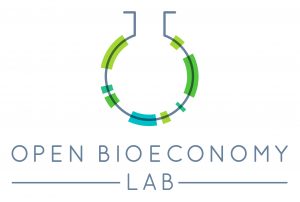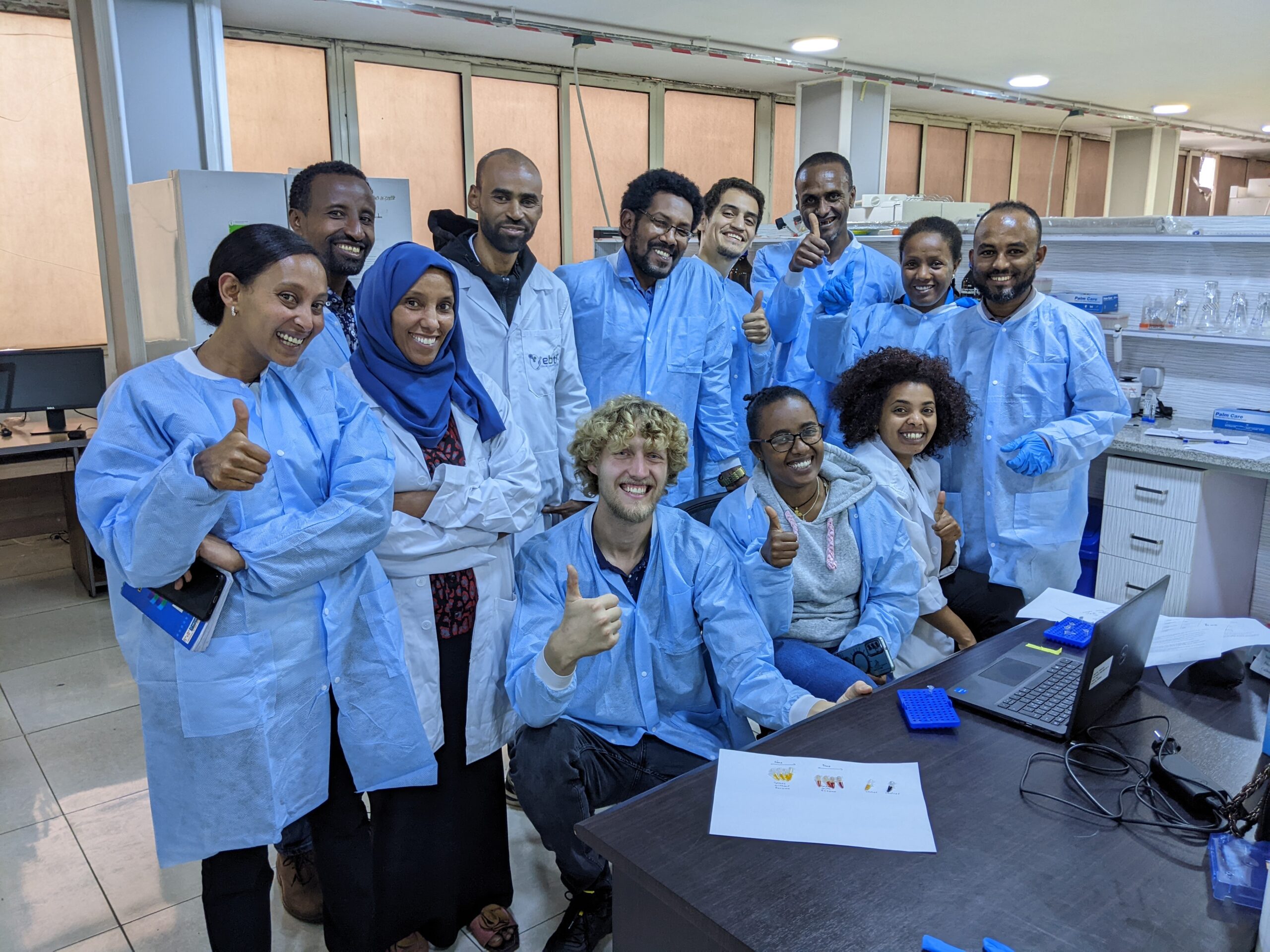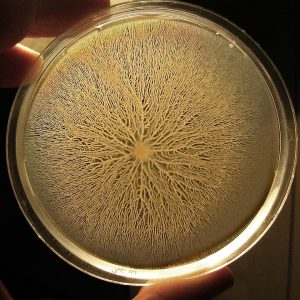Spores Against COVID
Image credit: Adrian Daerr on Wikimedia Commons, licensed under CC-BY-SA 4.0
Project Background
Spores Against COVID is a collaboration between the Ethiopian Biotechnology Institute (EBTI), Technische Universität Darmstadt (TUD) and University of Cambridge (UC), funded by Volkswagen Stiftung

Our key question is how can viral diagnostic enzymes be locally produced in low-resource environments? The solution we propose is a de-skilled production platform for diagnostic enzymes in low-resource environments and the impact will be enabling local manufacturing of diagnostic enzymes in Ethiopia to scale up provision of resources for COVID-19 research and diagnostic testing which is vital to overcoming the pandemic and future health challenges.
This project takes an innovative approach to the low-cost production of reagents for diagnostics to overcome supply chain issues that have been exacerbated by the COVID-19 pandemic and severely constrain the ability of countries to test people for SARS-CoV-2 infection. This situation results in reduced containment of the pandemic which has huge social and economic costs across the world.
Project Aims
- Produce spore displayed open source enzymes from UC for RT-LAMP molecular diagnostics that are stable stored dry at ambient temperatures for three months and cost 50% less than current commercial options.
- Perform knowledge transfer for production of spore displayed enzymes to the Ethiopian Biotechnology Institute for integration into their existing RT-LAMP development programme.
- Validate use of reverse transcriptases and isothermal polymerases for SARS-CoV-2 viral RNA detection at TUD and EBTI.
- Optimise production processes to produce enzymes sufficient for 10k SARS-CoV-2 prototype test-kits.




